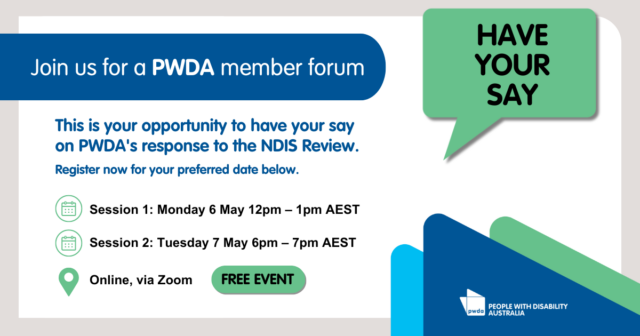A new public education campaign is being launched to inform Western Australians about non-fatal suffocation and strangulation, to ensure victims can get the help they need.
These dangerous acts of family and domestic violence became a specific criminal offence on October 1 this year.
To spread the word, a survivor of non-fatal strangulation (NFS) is bravely sharing her experiences in a video created with the advice and participation of medical specialists, police and the family, domestic and sexual violence support sectors.
The video includes a step-by-step guide to reporting the offence and getting assistance and support. The medical impacts of strangulation and suffocation are explained by frontline doctors.
An E-learning tool using a special anatomical animation produced in WA will also soon be rolled out to first responders.
The tool will teach first responders about the impact that strangulation has on the body, the right way to treat victims and how to recognise the signs of non-fatal strangulation, so they can record conclusive evidence of the offence.
The act of non-fatal strangulation can cause blood clots, stroke and brain damage, while even a small amount of pressure to the neck can have catastrophic consequences.
A NFS offence is committed if someone unlawfully impedes another person’s normal breathing, blood circulation, or both, and carries a maximum penalty of seven years’ imprisonment.
Research shows perpetrators who use this potentially lethal type of force against victims in a family and domestic violence situation are seven times more likely to go on and kill them.
The campaign launch marks the end of the State Government’s 16 Days in WA – Stop Violence Against Women campaign, which has a theme of ‘Respect starts with you’ for 2020, and aims to shift community attitudes and views that can lead to violence occurring.
As stated by Prevention of Family and Domestic Violence Minister Simone McGurk:
“The McGowan Government’s legislative reforms have put WA at the forefront of the fight against family and domestic violence.
“The new law against non-fatal strangulation and suffocation recognises the seriousness of this behaviour by allowing it to be charged and prosecuted as a specific criminal offence.
“Knowledge is power, so we hope this campaign will educate victims and help them to regain control by speaking up and seeking help.”
As stated by Attorney General John Quigley:
“The McGowan Government has introduced a series of legislative reforms to tackle family and domestic violence in our community.
“These are reforms that the Centre for Women’s Safety and Wellbeing (formerly known as the Women’s Council for Domestic and Family Violence Services WA) has spent the past 40 years fighting for.
“By introducing specific non-fatal strangulation legislation into Western Australia, the McGowan Labor Government is sending the strongest message that this harmful practice will not be tolerated.”
As stated by family and domestic violence survivor and advocate Azelene Williams:
“I’ve been through a violent relationship and have survived non-fatal strangulation.
“You can’t breathe. And there’s nothing, nothing like not being able to breathe and the fear that builds up inside of you at the same time. It is the ultimate act of control.
“I want victims to know about the harmful impact that non-fatal strangulation has, physically and psychologically.
“This campaign shows them it is okay to speak up, and it is okay to get help.”
As stated by emergency physician Dr Michelle Johnston:
“The data about the impact of non-fatal strangulation on the body is alarming – the amount of pressure in a handshake is actually greater than the pressure it takes to block the blood vessels and airway in the neck.
“But it is also important to note just how little force is needed to cause significant injuries. It takes less pressure to close the carotid arteries than to open a can of soft drink.
‘These arteries deliver blood to the brain, so stopping the supply to your brain can cause a stroke.
‘These resources will teach medical professionals more about non-fatal strangulation, so we can help victims get the help they need.”






